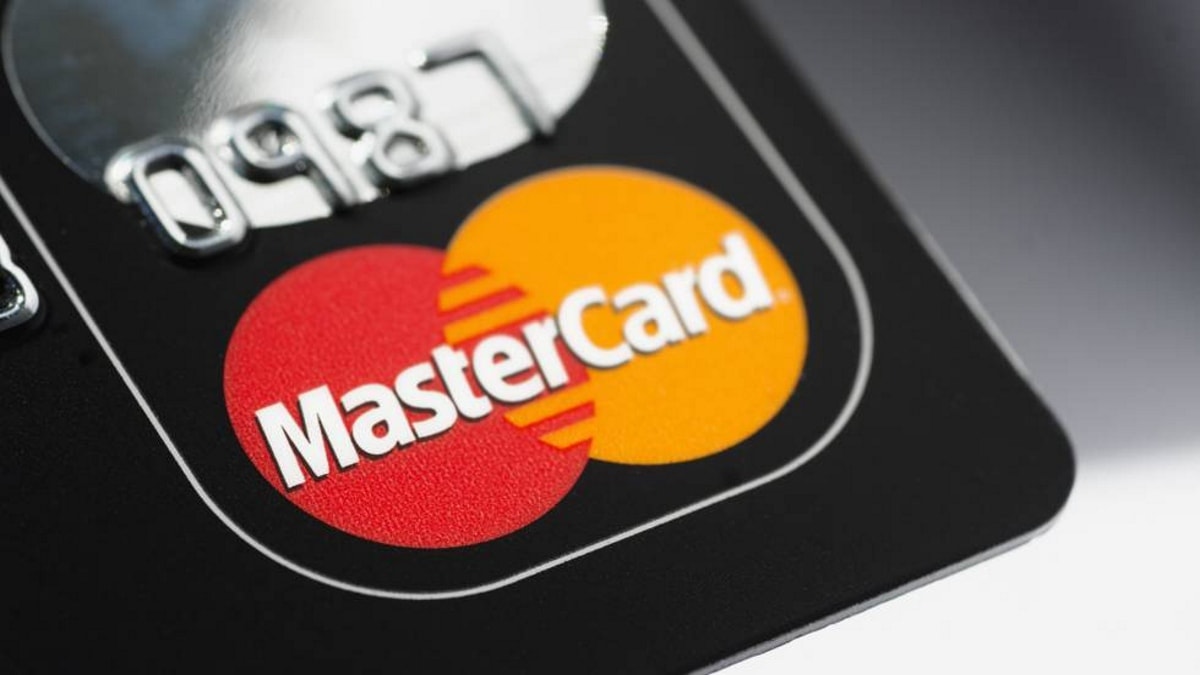Already a partner of crypto players, Mastercard wants to take it to the next level. The company announces that in 2021 it will allow payments directly in cryptocurrencies on its network. Mastercard does not yet specify the assets it will support.
Mastercard now intends to follow in the footsteps of another payment player, PayPal. Since 2020, PayPal has allowed its customers to purchase certain cryptocurrencies and pay for their purchases through them.
The bank card issuer is in turn preparing to invest in this market. For Mastercard, all the ingredients are now in place to justify a native support of crypto on its own network.
Consumer demand is there, and even indisputable, according to Raj Dhamodharan, Mastercard’s vice president of digital assets and blockchain products. An illustration of this trend?
Consumers are using their cards “to purchase crypto assets, especially during the recent surge in Bitcoin’s value,” the executive quotes.
“We’re also seeing users increasingly taking advantage of crypto cards to access these assets and convert them into traditional currencies for spending,” he adds.
So for Mastercard, it’s time to act. In a press release, the company announced that it will support certain cryptocurrencies directly on its network in 2021. It does not specify a timeline for this launch.
“It’s a big change that will require a lot of work,” says Raj Dhamodharan. But in the end, it will provide “more opportunities for buyers and traders. »
Customers “will be able to save, store and transfer money in new ways. “But Mastercard is careful to point out that only certain cryptocurrencies will be integrated into its network. These will have to meet requirements, especially compliance requirements.
The director mentions the stablecoins, without specifying which ones could be supported. This adoption by a multinational company could in any case contribute strongly to their democratization.
Mastercard insists on the respect of strict compliance protocols, especially regarding KYC. “(…) these digital assets must comply with local laws and regulations in the regions where they are used. »
Finally, Mastercard intends to play a role in the use of cryptocurrencies as a means of payment exclusively. As a result, assets whose value is characterized by high volatility will be discarded.
“To join our network, crypto-assets will have to offer the stability that individuals need in a vehicle for spending, not investment. “Finally, this native support will limit the middlemen and the “back and forth” between crypto and traditional payments.


